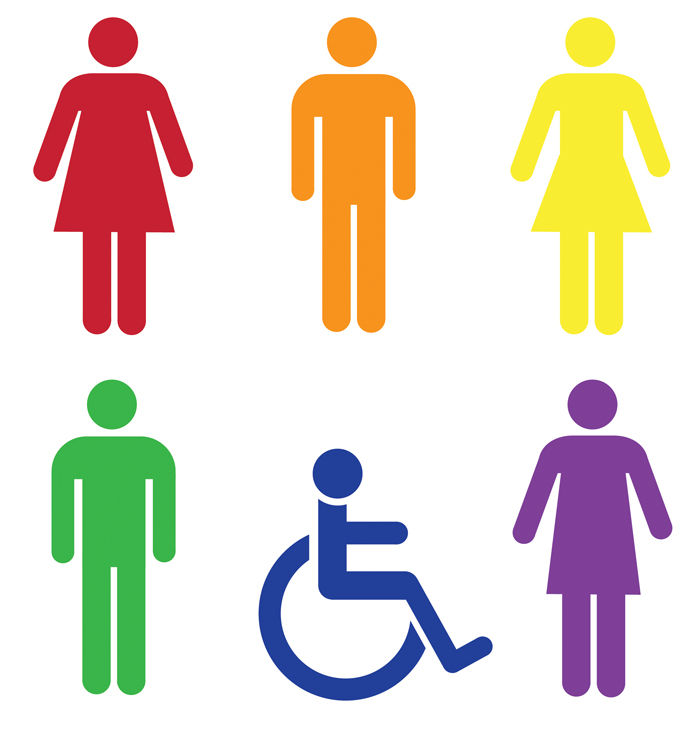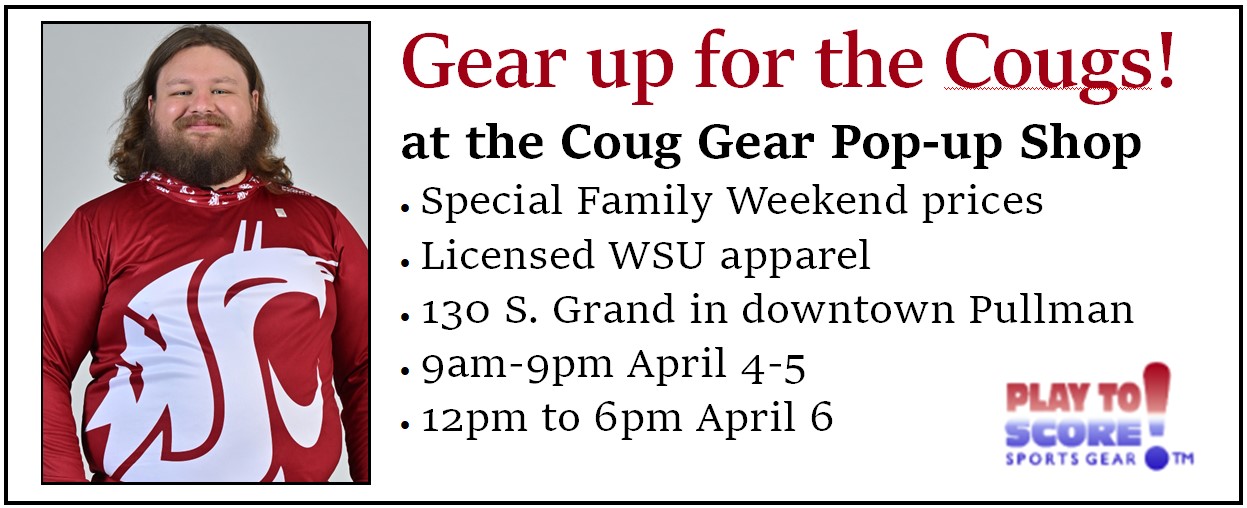Americans with Disabilities Act celebrated by WSU
July 22, 2015
Disabilities affect everyone.
“Truth is, if we live long enough we will all have disabilities,” said Dean of Students Melynda Huskey. “We will all experience one; if anything because of aging.”
On Thursday, July 23, Washington State will be celebrating the 25th Anniversary of the Americans with Disabilities Act (ADA) in Lighty Atrium. Huskey, as well as attorney general Adam Malcolm and Access Center director Meredyth Goodwin, will be talking about the monumental decision.
The act was passed July 26, 1990 in response to the neglect of individuals physically disabled.
Within the last 25 years, the response has expanded beyond the physical to serve cognitive and psychological issues.
While the WSU celebration only lasts a few hours, the significance of the ADA and its impact on the university is timeless, Huskey said. Additionally, the importance of the ADA has been and should continue to gain more attention on a daily basis.
“It really is a huge thing,” she said. “Disability rights are the cutting edge of the civil rights movement.”
On Monday, July 20, President Barack Obama shared similar remarks during a public address. He stressed how important is to work on the progress that still needs to be made and explained what people across the nation can do to achieve it.
“We’ve got to tear down barriers externally, but we also have to tear down barriers internally,” he said. “That’s our responsibility as Americans and it’s our responsibility as fellow human beings.”
Goodwin, as the director of the on-campus Access Center, works extensively with disabled students in Pullman. She and her staff also work to educate the public on what those external and internal barriers are.
“Over time we become more sensitive and aware of the barriers,” she said. “They’re not just physical and sensory. They’re educational, psychological, and so much more.”
On a university level, it is WSU’s responsibility to provide access to information regarding disabilities and accommodations. The disabilities and accommodations most commonly managed deal with educational struggles.
Goodwin gave an example of accommodation with a three essay exam classwork structure.
“When there are three papers due and nothing else that can be a great disadvantage for some students,” she said. “There strengths might not be in writing, but somewhere else. They can still process just fine, but they have difficulty expressing what they’ve processed.”
Accommodation is achieved through extensive research into the disability, conversations with the student and their family, and conversations with professors. This can lead to a different exam structure or extended time for work or whatever will help the student complete their work well.
“The outcome of an exam is a reflection of the environment, not a reflection of the person,” she said. “It’s an artificial barrier to their learning.”
Huskey echoes these sentiments and said that what is most important after college is the outcome of work. The chances that a career will constantly require exams to be taken or time their work is slim, she said. Schedules accommodate in the work force, so the university can accommodate too.
WSU serves 850 students in this way, through the Access Center, Goodwin said. And there are more who simply don’t self-disclose. The universities efforts are constantly evolving and becoming more accessible to those who need service.
Twenty-five years ago, Huskey said the initial focus was to make the physical landscape of the Palouse more accessible. Elevators and sidewalks were improved, staircases were altered, and services were developed to help anyone who struggled to travel across Pullman. This response was based on what was understood about disabilities.
Now the response focuses more on universal design for every kind of disability understood, she said. Rather than make things for an imaginary able bodied person, it is the goal of the university to make things in the least restrictive way for everyone.
“It’s not the person that needs to be fixed,” Goodwin said. “It’s the environment that needs to be fixed.”
And that fixing isn’t limited to authority figures. Actions taken by community members, physical or verbal, can radically advance the civil rights movement for disabled individuals.
“One small, powerful thing we can use is people first language,” Huskey said. “Rather than say ‘a person with a disability,’ we can say ‘a disabled person.’ We can get rid of biased language for a broader awareness.”
This has been effectively witnessed, she said, in regards to gender identity and racism. When the language has no longer been accepted as normative, change occurs.
It’s a powerful tool for diversity, Goodwin said. And disabilities are exactly that, an element of diversity.
Disabilities cross all races, sexual identities, gender identities, religious beliefs, and more, she said. This kind of diversity requires a shift in language, and a shift in attitude.
“That is the next frontier,” she said. “The greatest barrier that exists is attitude. And we can change it.
The Access Center will continue serving and raising public awareness. Appointments can be made with one of their three access advisors. Assistance will be determined at the time of meeting.
More information about the ADA being celebrated Thursday can be found at www.ada.gov. The Access Center can also provide information at. Adam Malcolm will be speaking about it during the celebration.
The celebration will take place at 2 p.m. on the first floor of the Lighty Atrium on Thursday, July 23.











